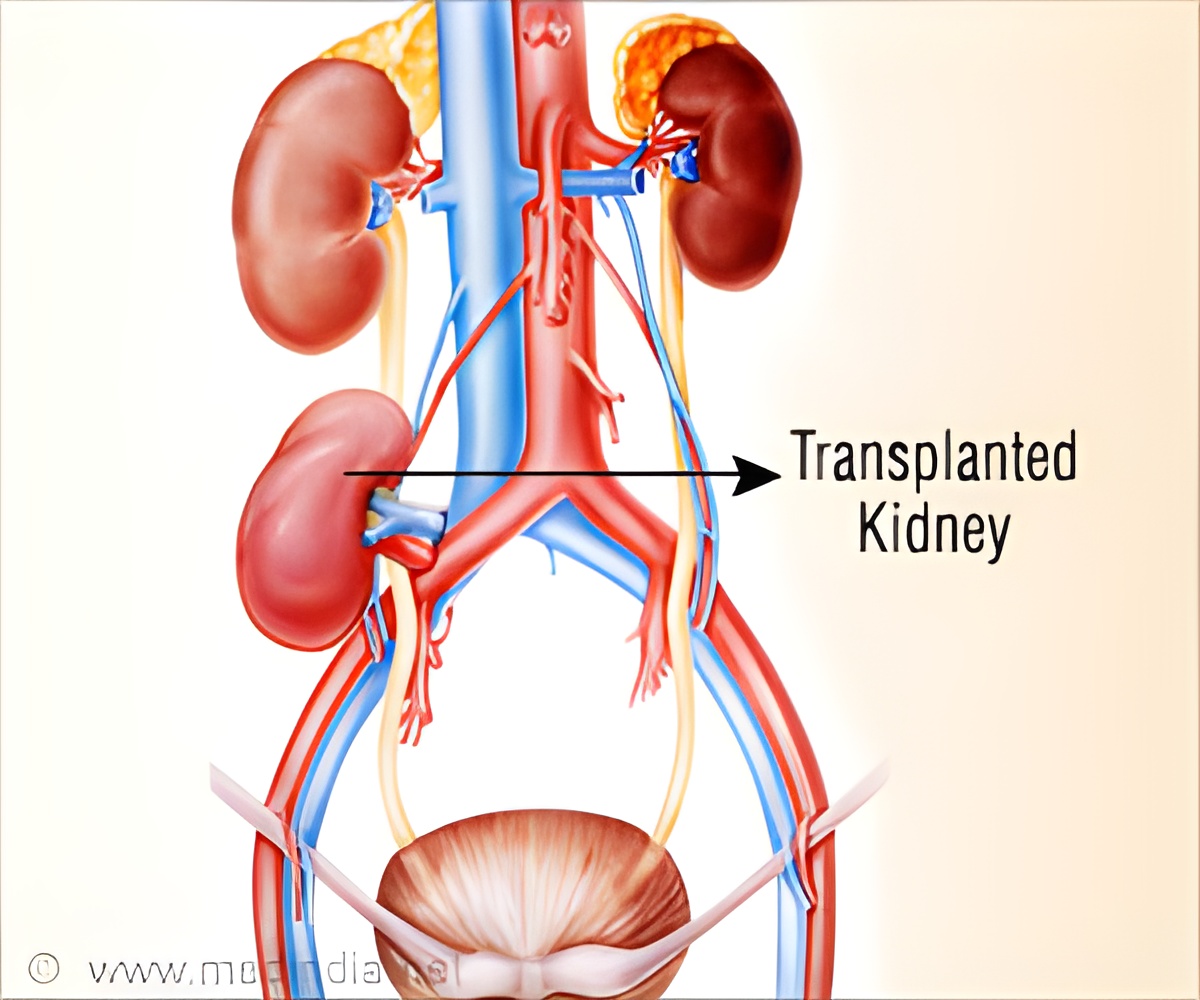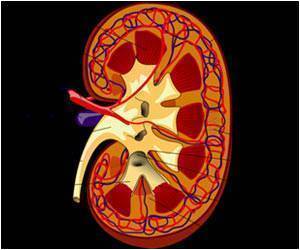Patients who travel abroad for undergoing organ transplantation from a live donor are facing severe complications than who purchased organs from related donors.

‘Lesser survival and more organ rejection rates were found common among patients travelling abroad for undergoing organ transplantation. They were also prone to develop hepatitis B and hepatitis C infections.’





The study compared the health outcomes of 270 commercial transplant patients with 123 recipients of living related donor transplants who had follow-up care for a transplant at a medical center in Bahrain.The results showed that the one and 10 year survival rates of commercial recipients was less than that of related donors. The percentage of survival of commercial recipients was 91 percent and 22 percent, whereas in related donors it was 98 percent and 44 percent.
Survival rates for each of the patients produced similar results, with commercial recipients surviving a year 96 percent of the time and 10 years 70 percent of the time. That compares with 98 percent of related donor recipients surviving a year and 78 percent living for another decade.
Transplant patients traveling to buy an organ were more likely to develop hepatitis B, hepatitis C and cytomegalovirus in addition to higher rates of organ rejection or other surgical complication. The most popular countries patients traveled for surgery were the Philippines, India and Pakistan.
Source-Medindia










